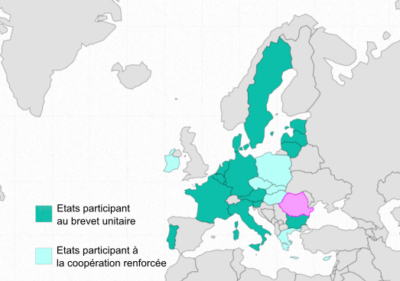In two decisions issued on October 13, the French Supreme Court made an important reversal of case law.
The question asked to the Supreme Court was: can the mere filing of a trademark application at an Office constitute an act of infringement on its own in the absence of public use?
To date, the case law was clear, the Court actually considered that the filing of a trademark application infringed the exclusive right of the owner of the earlier mark and, consequently, necessarily caused them damage.
In these two recent decisions which share the same reasoning, the Court states that “this interpretation should be reconsidered in the light of the case law of the Court of Justice of the European Union”.
The Supreme Court quotes the Daimler judgment of the Court of Justice of the European Union (CJEU March 3, 2016, case C 179/15) and deduces four cumulative criteria to define an act of infringement:
- the counterfeit sign must be used in the course of trade;
- in the absence of the consent of the owner of the earlier mark;
- for products or services identical or similar to those designated by the earlier mark;
- and the use must create a risk of confusion in the mind of the public, which undermines the essential function of the mark, its function of guarantee of provenance
In this case, the potentially infringing marks had only been registered but never used. Two of the criteria were therefore not met. In addition, since they have never been used to designate any product or service marketed, they could not cause any likelihood of confusion, therefore undermining the essential function of the earlier marks.
Consequently, the mere filing of a trademark, whether or not this filing is followed by registration, does not constitute an act of infringement.




